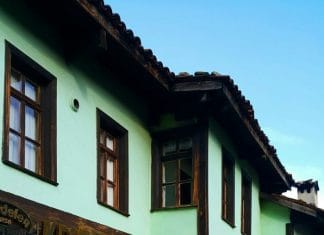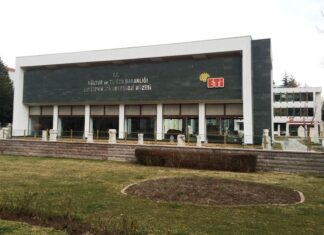Belgium
Introduction
It was not until 1880 that the Belgians could claim to have established an indisputably original literature of their own. Before that time a few national writers, like Henri Conscience, made a sporadic appearance, but either they joined the ranks of French writers in Paris or they remained more or less isolated phenomena in their own country.Midway between the earlier period and the foundation of Max Waller`s epoch-making magazine, La Jeune Belgique, in 1880, stood Charles de Coster, whose Legend of Tyl Ulenspiegel is now regarded as one of the chief sources of inspiration to the generations that followed. But De Coster died before the opening of the period that marks the birth of a genuine Belgian literature.Modern Belgium is rich in prose fiction. Though Maeterlinck spe-cialized in the drama and the essay, and Verhaeren was essentially a poet, the most significant products of the Belgians were their novels and stories. Lemonnier`s first important novel appeared in 1881.Demolder, Delattre, Virres, Eekhoud, Rodenbach, and a score of others have all struck roots into the soil of their native land; and nearly all of them have written short stories. As anyone may see at a glance, the story as practised by the Belgians is quite as much a painting as a narrative. The Maeterlinck, Lemonnier and Verhaeren stories in the present collection are little more than paintings in the manner of the earlier Flemish artists transferred to the medium of literature.There runs through modern Belgian literature a melancholy note that is attributable doubtless to the tragic history of that small country, a mysterious and mystic insistence upon the darker aspects of life; above all, a sense of the picturesque decay of a nation once immensely prosperous and powerful.There are a few comic writers, chief among them Leopold Courouble, but these are exceptional: it is in the peasant studies of Lemonnier and Eekhoud and Demolder, and the mood pictures of Maeterlinck and Verhaeren and Rodenbach, that the Belgians have found their most satisfactory medium, of expression.
Charles De Coster (1827-1879)
Charles-Theodore-Henry De Coster, “the father of Belgian literature,” was born at Munich in 1827. He studied in Belgium, and at a comparatively early age entered a bank, where he spent the greater part of his life. His writing was done sporadically. Apart from Tyl Ulenspiegel, his most important work is the Flemish Legends.It was not until after his death that he was recognized as a master of prose fiction. Tyl Ulenspiegel, the composition of which took the author some ten years, is already regarded as one of the classics of Belgian literature.
Read More about The Story of Serapion part 1








